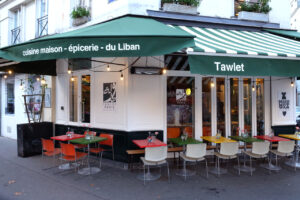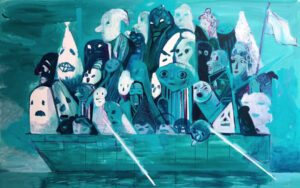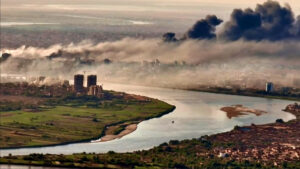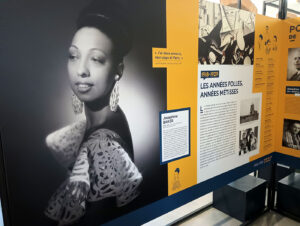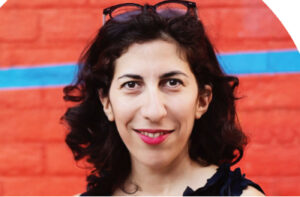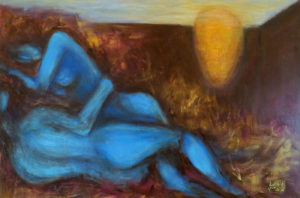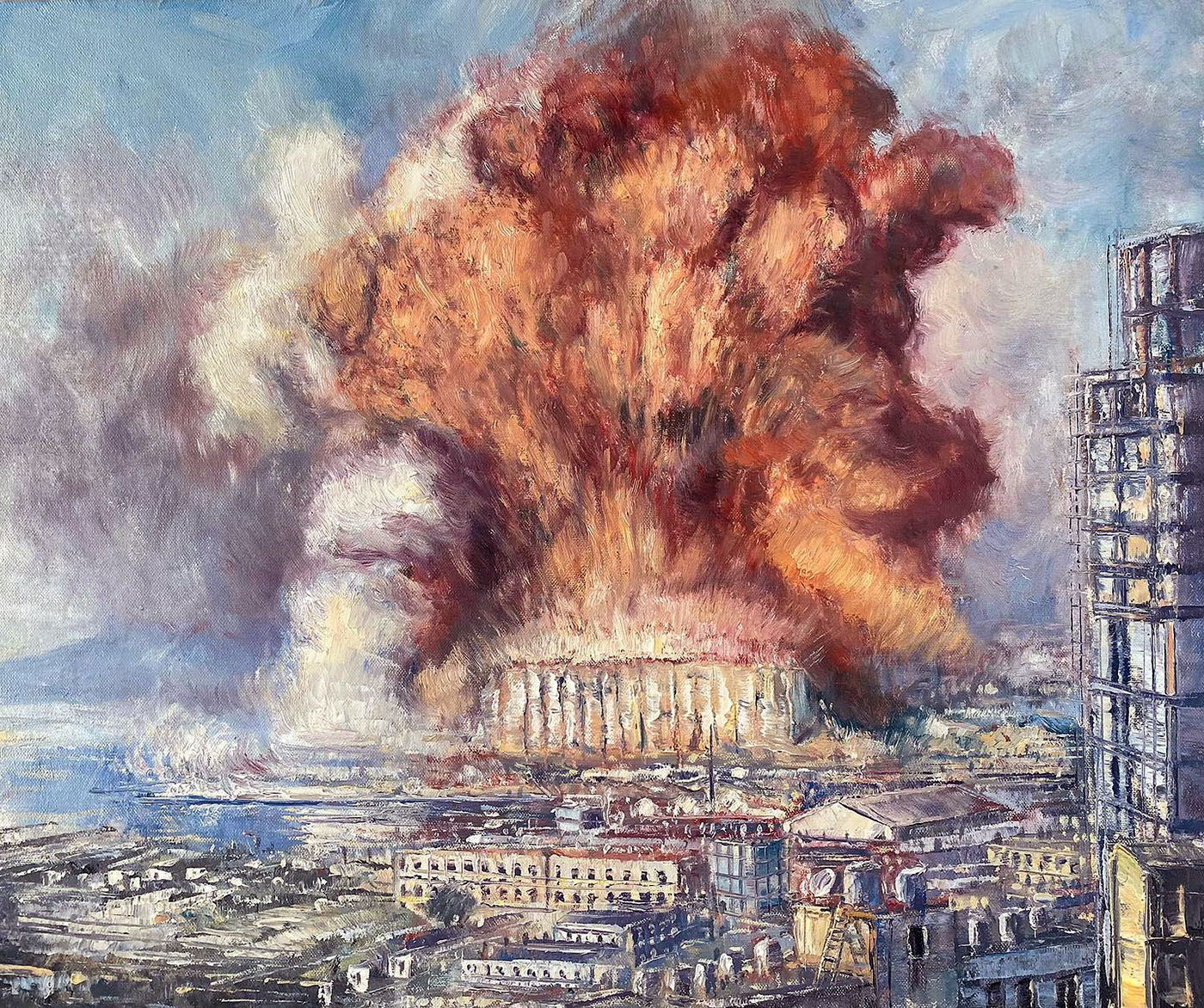
Myriam Dalal
I booked an appointment for my passport renewal earlier this year, while my sisters continued to update me on what might be described as a “passport shortage crisis” in Lebanon. All three Dalal sisters were bombarding our WhatsApp group with links to article headlines such as “No means to leave”, “Lebanon running out of passports,” “Thousands stuck as Lebanese authorities suspend passport renewals” or “Lebanon halts passport renewals as fears of exodus grow.” We discussed the alternatives, we argued, we cursed, we shouted (mainly through voice notes). I might be the one with the lowest level of anxiety among my sisters, even when I’m the one they’re worried about these days in the paperwork fiasco. Simply put, this anxiety can be tied to the fact that my parents had all five of their children between 1976 and 1986 in either Lebanon, the UAE or Kuwait — depending on the progression of the Lebanese civil war since 1975 — so my sisters and I have been through one life experience after the other, both as a family (there are only four of us, now), and as Lebanese citizens, namely surviving the 1996 and 2006 Israeli wars on the country and some 60 other “smaller” inter-Lebanese conflicts and violent events from car bombs to terrorist attacks and beyond.
I’ve moved in and out of at least seven different places since the August 4th Beirut Port blast, nearly two years ago…maybe more. I’ve lost count. I had left Lebanon because I came to realize that this country that I was told was mine, actually wasn’t. This understanding felt more like an aha moment, in which I became aware that an institutional/governmental declaration asserting your adherence to some country would not guarantee your feeling of belonging to this piece of land that your parents passed on to you. Lebanon was not my country, it belonged to someone else, and it was something I saw very clearly in the year preceding my departure. The thing is, once you see something, you cannot unsee it — I love it when the English language proves the impossibility of such an act by showing you the absurdity in using the verb’s contrary…you know, like unlove.
I think that it is a spiritual disaster to pretend that one doesn’t love one’s country. You may disapprove of it, you may be forced to leave it, you may live your whole life as a battle, yet I don’t think you can escape it. —James Baldwin, Paris Review
I started looking at the concept of “home country” as more of a starter kit, one that your parents are forced to give you at birth, for administrative reasons and to facilitate your upbringing, and one that includes your name, surname, and religion. The time will eventually come when you’ll be able to make your choices and continue the remainder of your life with a name, a surname, a religion, and a nationality that you choose for yourself.
A “nation” is not a fact; it’s a concept. That’s why philosophers, sociologists, and many others have tried to define it throughout history: for German philosopher Johann von Herder, the nation refers to a cultural ensemble which precedes the creation of the state, while for French historian and philosopher Ernest Renan, the nation brings together people who share a common past. I now think of the nation as more of a sociopolitical construct which feeds on tribal instincts, and a systemic institutional invention to separate, isolate, and eventually rule . We tend to mix up words and meanings sometimes for the sake of simplifying our terminology and expressions, and in so doing , we end up assuming that one thing undeniably means the other. As such, nationality doesn’t necessarily mean belonging, nor does motherland mean birth country; I, for instance, was born in Kuwait, a country in which my parents spent most of the Lebanese civil war years. So, in this case, my birth country wasn’t my home country, and my nationality didn’t make me feel like I belonged in Lebanon. It’s true that my Lebanese ID never promised my amalgamation with Lebanese society, but I didn’t know that until much later.
Nationalism is an assertion of belonging in and to a place, a people, a heritage. It affirms the home created by a community of language, culture, and customs; and, by so doing, it fends off exile, fights to prevent its ravages. —Edward Said, Reflections On Exile
And so, I left Lebanon. I took with me some nearly weightless objects that could serve as mementos, and therefore be easily transported through continents, airports, and checkpoints; objects that could act as souvenirs once they’re placed in their new environment, and through which Proust’s madeleine experience could be reenacted. I packed my suitcase with this homey feeling and moved to France, thinking I had reached a point in my life where I could be privileged enough to choose a country for myself, a place with which I shared common values, or at the very least, a piece of land that permits me to exist. In my quest for a new country, I was determined to sign a social contract with this new piece of land/regime to make sure the choice was mutual. Citizenship is like marriage; it’s an administrative contract for which love isn’t a prerequisite.
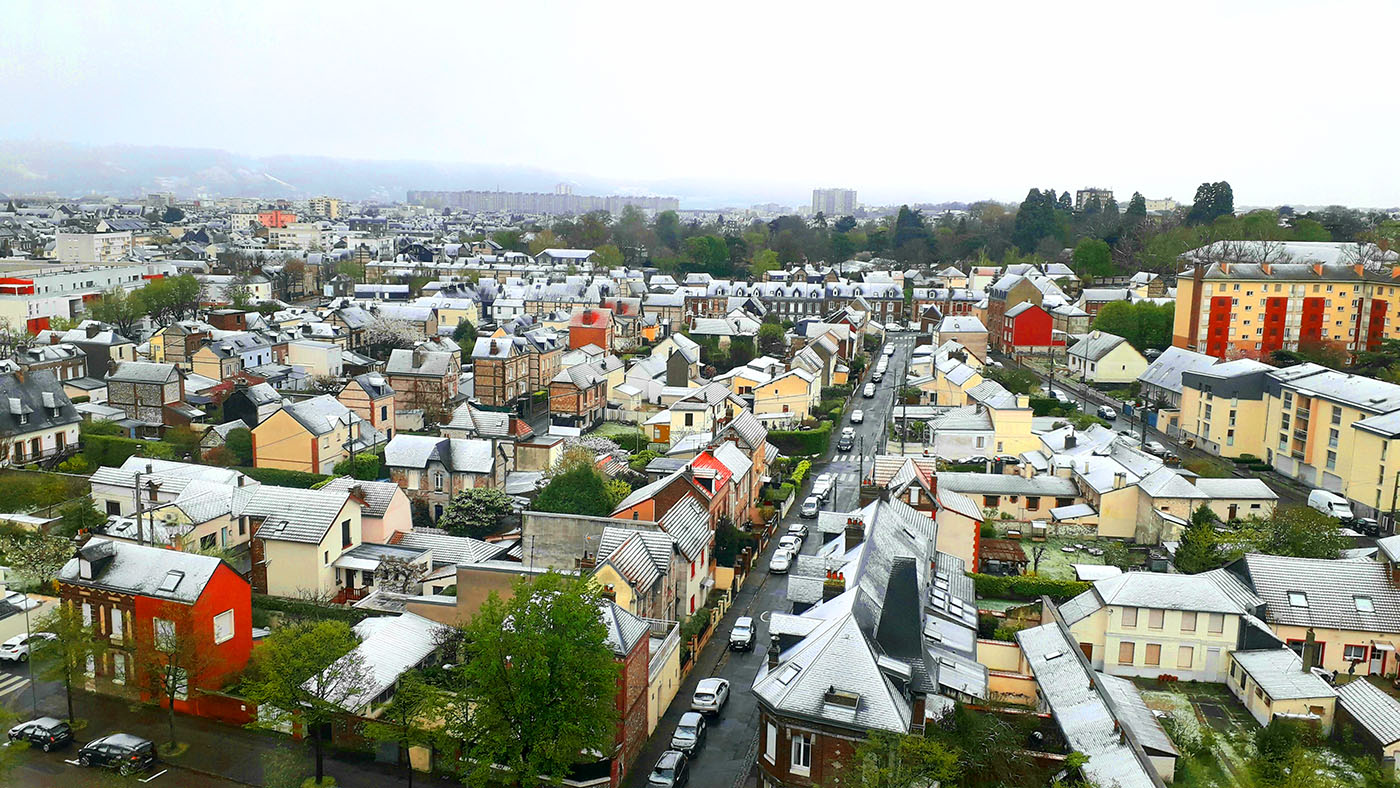
It turned out that the French tend to have a different definition of a French citizen, and it is not that of an Arab woman with a name not encrypted in the Larousse of European names. Instead, I was a foreigner at the very least, an Arab Muslim most of the time, and a low-class refugee for those who wanted to take things a step further in their classification. Classifying me didn’t require any further investigation beyond an appraisal of my looks, because, you know, “hips don’t lie.” And with French presidential elections happening in April of 2022, the rightwing candidates were very clear about their understanding of what a French citizen can and should be like. It didn’t matter much if the journalist/author and one of France’s presidential candidates Eric Zemmour wanted to strip any convicted binational of their French citizenship (based on a supposedly logical argument in which he assumes that French nationals never break the law); neither did it matter if he wanted to change the names of all non-French sounding citizens. What saddened me was that there were many who applauded these statements (32% of electoral votes went to right wing candidates in France’s first round of elections), and I was destined to run into one of them, soon.
As much as it angered me to be classified in Lebanon, based on my parents’ religions, my looks, my academic pursuit, where I lived, my habits and just about everything else, it seems that people here in France also have an urge to box everything and everyone. But in my idealistic little mind (perhaps mostly in my heart), I had begun to draw myself a new home here. A new life was beginning to take shape and I thought my nation-scouting was beginning to conclude. It now seems as though foreign souls are destined to roam this world endlessly and tirelessly, and only in their statelessness will they find their true citizenship. In fact, the past year or so can be summed up as life in between lockdowns and moving in and out of Chatillon, Paris, Sartrouville, Bonsecours, and Rouen. All the while in Beirut, Dad was going through his own moves, hospitalized, and in and out of the ICU. My sisters’ anxious WhatsApp messages updated me on his health condition through their informal headlines, as I wasn’t allowed to leave France before the renewal of my residence permit here. It seems to me all I do as a transitional citizen is either wait, move, or hide (the exile’s equivalent to the body’s usual “fight, flight, freeze” reaction to threat/danger).
I’m currently negotiating a new work contract abroad which requires residence in yet another country, and for that, I’ll soon have to repack my posters, pens, and clothes. I’m trying to cope with the feeling of having little in common with any place; perhaps in knowing that this time, I’ll be able embrace this whirling dervish status…even try and dance along as if life were one wild dabke.
They say some people anchor themselves in other people, so he/she becomes their home, their country, their nation. While that sounds beautiful in theory, I still haven’t figured out a way to direct my heart’s compass while my brain is swimming in all directions. I keep leaving behind a crush here and there, writing confession letters to some, post-departure. So, I’m either writing or reading as a pastime during this uncategorizable transitional state, in an attempt to learn more about my stateless compatriots in books, novels, and poems, as words are proving to be our only valid and true passports to date.
With these volumes piling up here on a shelf here in Rouen, I know I will be needing an extra suitcase for them if I relocate soon.



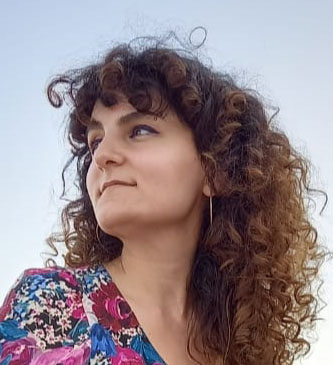


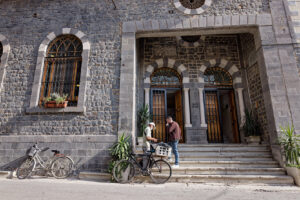
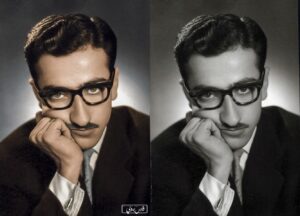



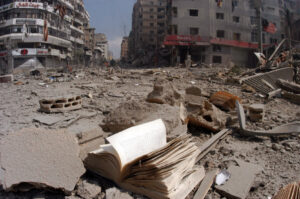




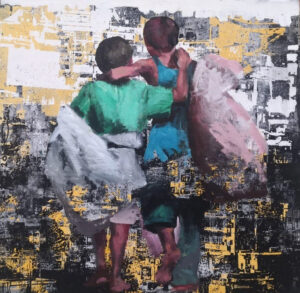



![Ali Cherri’s show at Marseille’s [mac] Is Watching You](https://themarkaz.org/wp-content/uploads/2025/09/Ali-Cherri-22Les-Veilleurs22-at-the-mac-Musee-dart-contemporain-de-Marseille-photo-Gregoire-Edouard-Ville-de-Marseille-300x200.jpg)








































